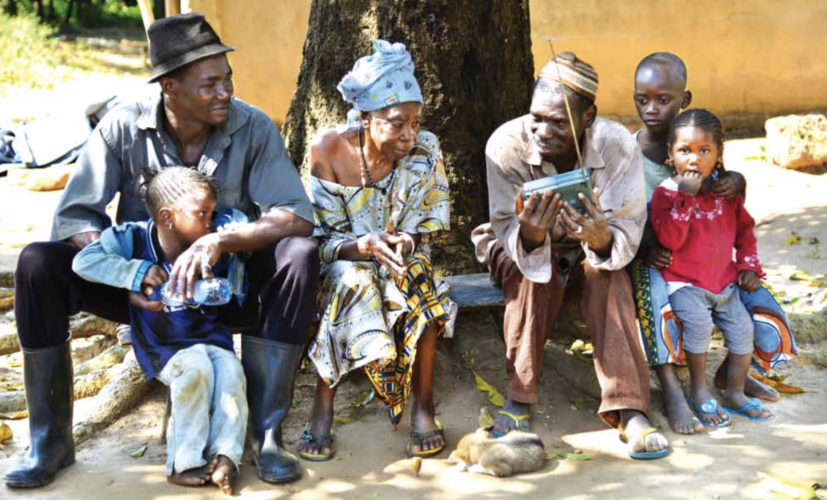Information and Communication Technologies (ICTs) have been useful channels of information for urban and rural development in developing countries, including Nigeria. Oye, Lahad, and Zairah (2012) stated that ICTs have enabled people to interact with one another globally and allowed them to promptly access information. These have also made communication between people living in and out of rural areas possible. Aside from people’s day-to-day activities, ICTs have also helped workers in the agricultural sector access information that will help increase their environmental sustainability, productivity, and value generation while lowering their costs. To further determine the benefits of information and communication technologies, three scholars have conducted a study among the rural farmers in the northeast zone of Nigeria, where 80% of the population is engaged in agricultural activities, including rearing livestock and growing crops.
230 respondents, which were selected through a multistage sampling procedure, participated in the study. The data were collected by the researchers using an interview schedule. The study result indicated that the most available ICT tool in the area is radio. This is followed by mobile phone, television, computer, and newspaper. Meanwhile, the study also shows that radio, together with mobile phones, were the most frequently used ICT tool in the region due to its portability, being user friendly, and being economical.
The majority of the farmers stated that the main benefit of ICT is its ability to keep people in touch with their friends and family. Aside from these, the farmers in the northeastern zone of Nigeria perceived ICTs as useful tools in providing information on new agricultural techniques, weather conditions, disease outbreaks, public health, business, and ways to send short messages to people. This implies that the benefits of ICTs in the said areas are relevant to the respondents’ livelihood, social, and health affairs. However, along with these benefits are the constraints faced by the respondents in using ICTs. Among these constraints were high maintenance cost, high call tariff, irrelevant information channel, language barriers, and the maintenance of tools and equipment themselves.
The full study can be accessed here.
Reference:
Yekinni, O. T, et al., (2019). Benefits Derived from the Use of Information and Communication Technologies among Rural Farmers in Northeast Nigeria. American Journals Online. Vol. 23 No. 3 (2019). https://dx.doi.org/10.4314/jae.v23i3.10
Photo: (c) FAO
Article contributed by Claudine Batimana, ComDev Asia intern

